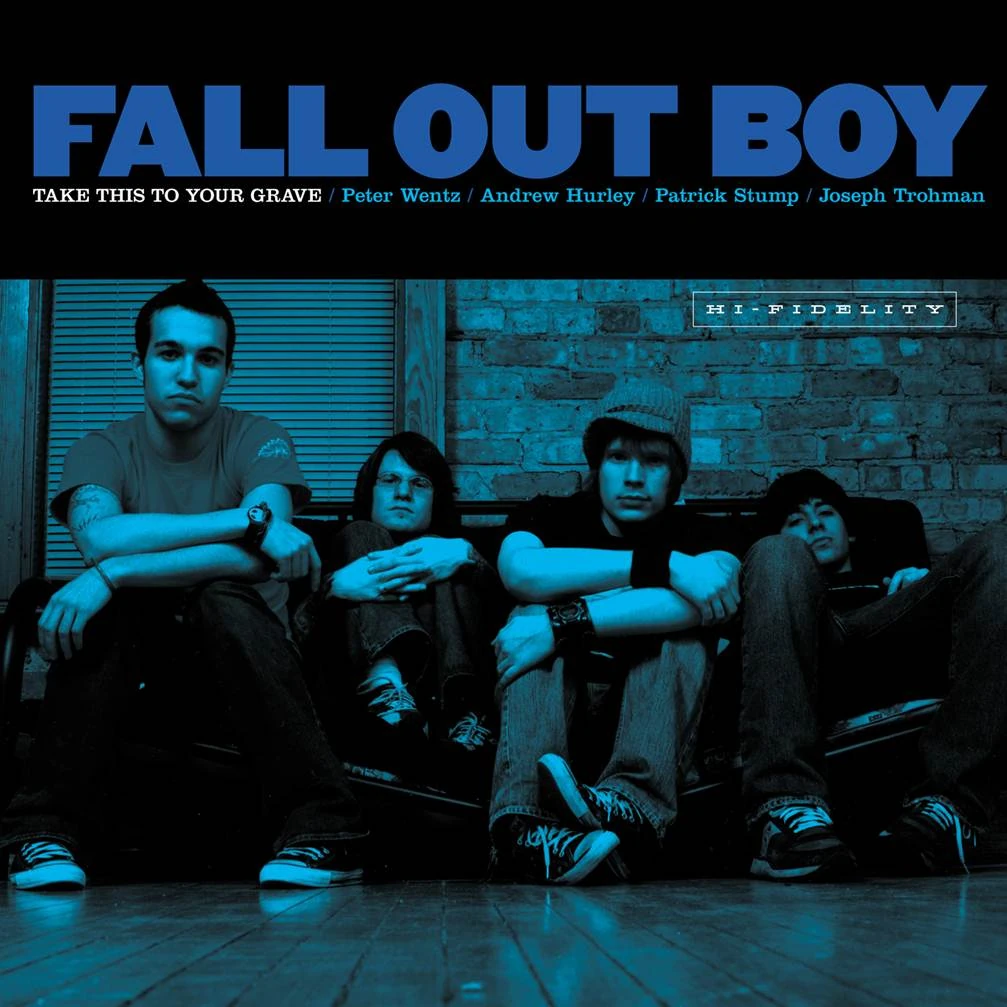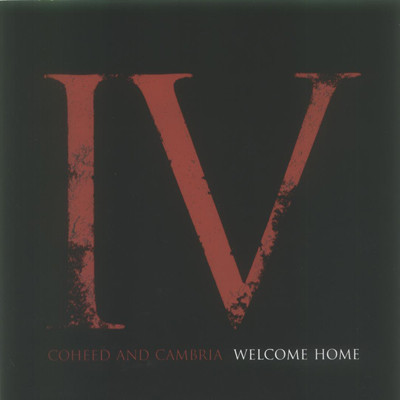 “Since U Been Gone” by Kelly Clarkson didn’t just launch a new chapter in the singer’s career—it detonated a pop-culture bomb that reshaped the sound of mainstream radio and redefined what a post-American Idol star could achieve. Released in 2004 as the lead single from her sophomore album Breakaway, the song exploded with a controlled fury that blended pop accessibility and rock aggression. It was a watershed moment not only for Clarkson, but also for the genre-bending possibilities of mid-2000s pop. The track is as catchy as it is cathartic, and its legacy can still be heard echoing through the music industry today.
“Since U Been Gone” by Kelly Clarkson didn’t just launch a new chapter in the singer’s career—it detonated a pop-culture bomb that reshaped the sound of mainstream radio and redefined what a post-American Idol star could achieve. Released in 2004 as the lead single from her sophomore album Breakaway, the song exploded with a controlled fury that blended pop accessibility and rock aggression. It was a watershed moment not only for Clarkson, but also for the genre-bending possibilities of mid-2000s pop. The track is as catchy as it is cathartic, and its legacy can still be heard echoing through the music industry today.
Written and produced by Max Martin and Dr. Luke, “Since U Been Gone” was the kind of pop miracle that almost never happens. Martin, already well-established from his work with Britney Spears and the Backstreet Boys, was searching for a way to evolve his glossy pop style to something edgier. Dr. Luke, then still largely unknown outside studio circles, helped push the song into the territory where it could channel the raw energy of punk and garage rock, while still wearing the polish of a Top 40 smash. But the missing piece was Kelly Clarkson—her voice and her persona transformed what could have been a hit into a generational anthem.
The power of “Since U Been Gone” lies in its unique balancing act. From its understated, almost restrained verse to its bombastic chorus, the song simmers before boiling over in waves of distortion and emotional release. It was the musical embodiment of post-breakup empowerment—assertive, confident, and just angry enough to feel real. Clarkson’s vocal performance walks a tightrope between vulnerability and rage, never losing control, but always giving the impression that she just might. That tension gave the song its bite, and made it feel less like a formulaic pop tune and more like a scream from someone reclaiming her life.
Lyrically, the song is simple but surgical. The line “But since you been gone, I can breathe for the first time” became a kind of battle cry for people everywhere who had escaped toxic relationships. It wasn’t a plea for reconciliation, but a celebration of freedom. Clarkson doesn’t dwell on sadness—she burns through it. The song isn’t about what was lost, it’s about what’s been regained. That’s why it resonated so deeply, especially with young women at the time, and continues to be a karaoke and breakup playlist staple to this day.
The production deserves equal praise. The quiet-loud dynamic, borrowed from the playbook of Nirvana and the Pixies, gave the track a grungy DNA strand that other pop songs lacked. Max Martin and Dr. Luke sculpted a song with rock sensibilities but pop instincts, making it feel both raw and irresistibly hook-driven. The guitar riff that kicks in with the chorus is fuzzed-out and unapologetic, a perfect counterpoint to the clean pre-chorus that leads up to it. The structure of the song ensures a constant build toward a chorus that never stops rewarding the listener. It’s no wonder that so many critics and fellow musicians took notice of how well the formula worked.
When it hit radio, “Since U Been Gone” didn’t just climb the charts—it colonized them. It reached number two on the Billboard Hot 100 and stayed there for weeks, blocked from the top only by 50 Cent’s “Candy Shop.” Still, the song’s impact went far beyond numbers. It signaled a new direction for pop music, encouraging other artists to fuse rock instrumentation with mainstream hooks. Artists like P!nk, Avril Lavigne, and Paramore were part of a broader movement that Clarkson helped crystalize with this song, whether they intended to follow in her footsteps or not.
Kelly Clarkson herself underwent a transformation through the release of “Since U Been Gone.” The song allowed her to break free from the constraints of being “just” an American Idol winner. It was her artistic declaration of independence, the moment she shed any lingering doubts about her staying power. Before this, she had been seen largely as a product of a TV competition; after this, she was a serious artist, someone with a voice—both literal and metaphorical—that mattered. The commercial success of Breakaway cemented her superstar status, but it was “Since U Been Gone” that lit the fuse.
The music video played a crucial role in amplifying the song’s message. In it, Clarkson trashes her cheating ex’s apartment, smashing lamps and tearing clothes from hangers while maintaining a wry smile. It’s a revenge fantasy filtered through pop aesthetics, perfectly capturing the spirit of the song. The juxtaposition of her raw anger and her empowerment made the video a fan favorite and a constant fixture on MTV and VH1 in the mid-2000s. It also helped position Clarkson as both relatable and aspirational—a woman who had been wronged but wasn’t about to wallow in it.
Culturally, the song became more than just a radio hit. It entered the zeitgeist. It was parodied, referenced, and covered by artists across genres. Even rock purists, who might have previously scoffed at Idol alumni or pop production teams, found themselves reluctantly admitting the song was a banger. Dave Grohl of Foo Fighters once called it one of the best rock songs of the decade. For a pop tune produced by Max Martin and sung by a reality show winner, that was high praise indeed.
Part of what makes “Since U Been Gone” so enduring is its ability to tap into a universal feeling and translate it into pure sonic energy. It’s not overly specific—it doesn’t wallow in the details of the breakup. Instead, it gives you just enough to fill in your own story. That ambiguity is part of its genius. Whether you were leaving a relationship, a job, or a toxic situation of any kind, this song gave you a soundtrack for that moment of liberation. It made pain feel powerful and survival feel like something worth shouting about.
Over time, “Since U Been Gone” has aged remarkably well. It doesn’t sound dated, even though it’s now more than two decades old. That’s due in part to the timeless nature of its emotional core, but also because the production was forward-thinking enough to avoid the trends that weighed down other pop songs of its era. It’s a track that still gets played at clubs, weddings, and middle school dances. It spans generations because it hits something primal in the human experience: the need to scream once you’ve finally come out the other side.
The song’s influence can still be felt in the landscape of modern pop. You hear echoes of it in the breakup anthems of Olivia Rodrigo, Taylor Swift, and Halsey. These artists may have their own distinct styles, but the path they walk was partially cleared by Kelly Clarkson’s blistering, euphoric outburst of independence. It’s not hyperbole to say that “Since U Been Gone” was one of the most important pop singles of the 2000s. It reset expectations for what a pop-rock fusion could sound like and opened doors for others to explore that territory with confidence.
Live performances of the song have only deepened its legacy. Clarkson brings a ferocity to the track on stage that makes it clear she still feels the adrenaline rush that powered the original recording. Audiences scream along with her, often louder than the band itself. The song has become a communal experience, a moment of shared catharsis between Clarkson and her fans. That kind of connection is rare, and it speaks to the authenticity that she brought to the performance. This wasn’t a studio-manufactured hit foisted upon a singer—it was a match of material and artist that created a pop music milestone.
“Since U Been Gone” remains Kelly Clarkson’s signature song for good reason. It’s not just a breakup anthem; it’s a statement of strength, a cultural shift, and a masterclass in pop songwriting. Its staying power isn’t due to nostalgia alone—it continues to feel fresh, alive, and vital every time it blasts through a speaker. Whether you’re hearing it for the hundredth time or the first, it demands attention. It hits hard. It lets you scream. And more than anything, it lets you know you’re not alone in needing to reclaim yourself after heartbreak. That’s the mark of a true classic.


